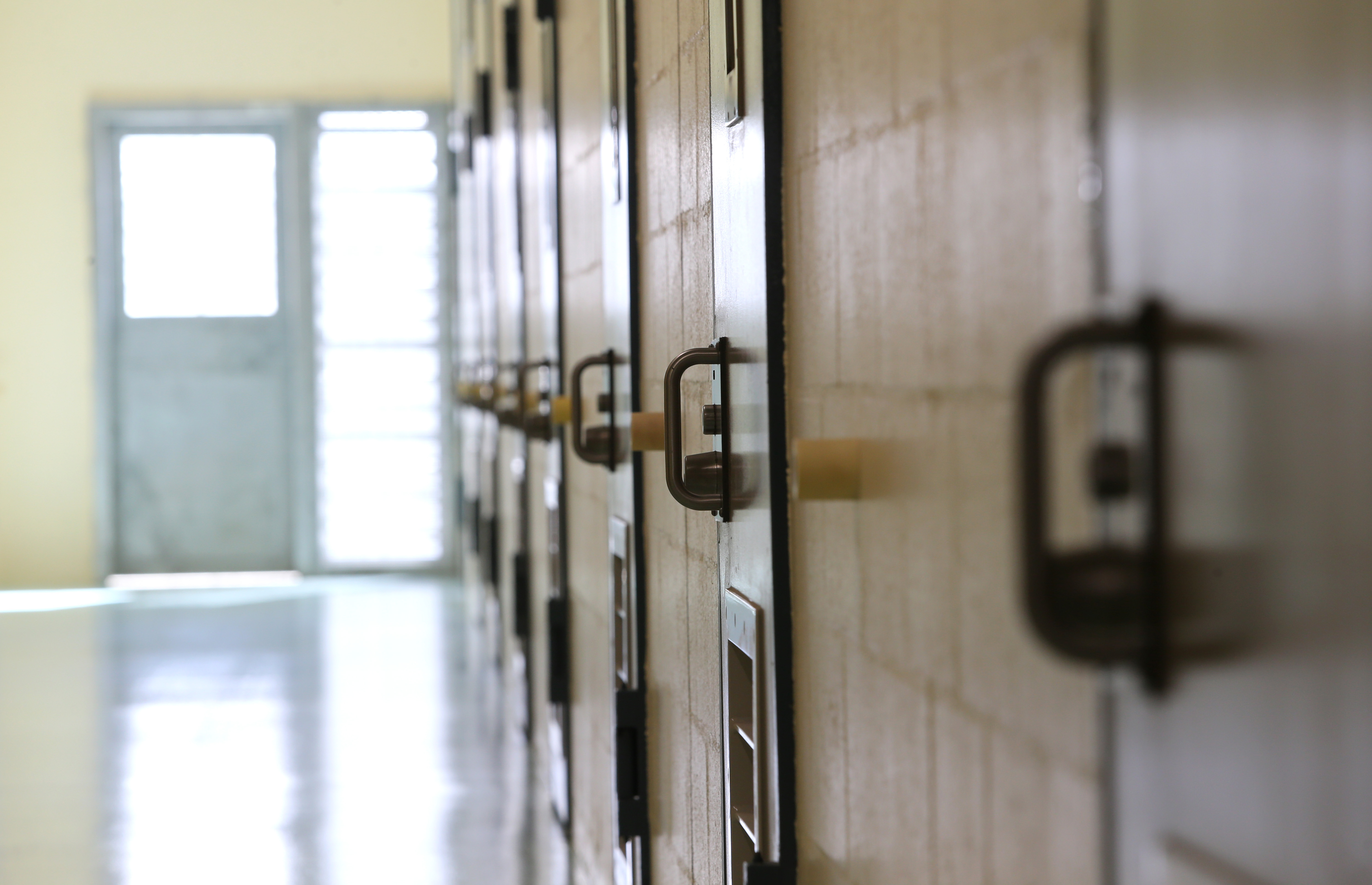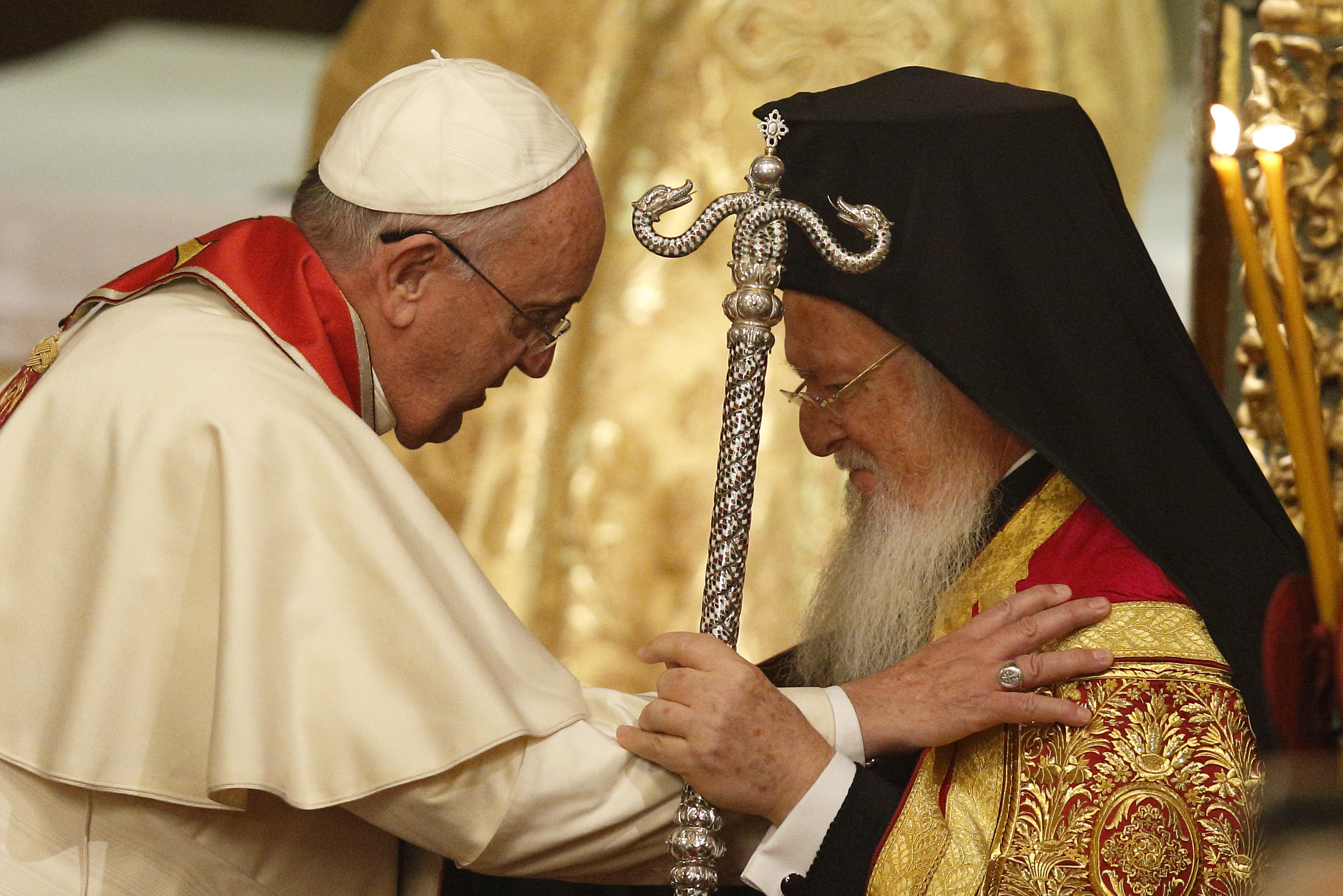Pope Francis is to meet with leaders of Orthodox, Catholic and other Christian communities from throughout the Middle East in Bari, Italy this weekend to pray for peace and show solidarity with persecuted Christians.
Cardinal Kurt Koch, President of the Pontifical Council for Promoting Christian Unity, said: “The Pope wants to provide the conditions for Christians to remain in the Middle East. The patriarchs from the region tell us: we are glad that you take in our refugees, but don’t tell them to come. Help them, so that they can remain in their land.”
This event will be a milestone in the relations between the Vatican and other Christian communities. It is the first time that the Pope has called a joint prayer meeting exclusively with the other patriarchs and leaders of the Eastern Churches. Cardinal Koch fears that Christians will continue to flee the Middle East, unless peace is reestablished.
The first part of the event will involve a prayer with the faithful on the seafront of Bari. The second section will include a private dialogue between the religious leaders, where each will outline its proposal for peace in the Middle East. The Pope will publicly speak at the beginning and at the end of the meeting.
The choice of the location, the town of Bari in the south Adriatic, has a deep symbolic value in terms of Catholic-Orthodox relations. Orthodox Christians are devoted to Saint Nicholas, the patron saint of Bari. Last year, his relics were displayed in Moscow and St Petersburg, and attracted more than 2 million people. Vatican spokesman Greg Burke defined Bari as a “window towards the East”.
Aside from its spiritual significance, this event will also have a geopolitical importance. There have been several contentious issues between the Eastern Churches and the Western powers. Three Patriarchs of Antioch signed a joint document against the “brutal aggression” carried out by the USA, UK and France to punish Assad for his alleged use of chemical weapons in Syria. Many Christian communities in the Middle East have opposed Donald Trump’s decision to recognise Jerusalem as the capital of Israel.
Relations between Russia and the religious communities in the Middle East have improved. Representatives from Middle Eastern Churches were invited by President Vladimir Putin to Russia to celebrate the 800th anniversary of the Russian Orthodox Church last December, when Putin reminded his audience of how Russia’s military intervention in Syria protected Christians from the persecution by IS. He also hoped that collaboration between the Russian Orthodox Church and the Christian communities could make it easier for refugees to return to their homeland.
Pope Francis has pursued a policy of détente towards Putin’s Russia. He sees Russia as a potential ally to end the violence in the Middle East and to allow Christians in the region to return to their homeland. The Holy See maintained a neutral approach in the dispute between Russia and Ukraine over Crimea. It never shared the anti-Russian positions expressed by many members of the Ukrainian Greek Catholic Church (UGCC). Pope Francis explicitly said: “Catholics must not get involved in internal matters of the Russian Orthodox Church, or in political issues.”
Relations between the Russian Orthodox Church and the UGCC have been tense in the past years. Moscow believes that the Ukrainian Orthodox who are seeking independence from the Russian Church, are being encouraged to do so by nationalist groups such as UGCC. Nonetheless, the leader of the UGCC, Sviatoslav Shevchuk, held a private audience with Pope Francis on July 3, and will join the meeting in Bari on July 7.
Despite the Pope's intention to "reach a full unity with the Christian Orthodox community", there remain some fundamental differences between the Vatican and the Russian Orthodox Church. Unlike the Orthodox Patriarch, Pope Francis has never spoken of a “holy war” against the IS in the Middle East. The Pope also does not use the apocalyptic phrases frequently employed by the Russian Patriarch to describe the process of modernity and secularisation in the West.
This meeting in Bari has been long in the planning. Christian patriarchs and religious leaders from the Middle East proposed the meeting during their recent visits to the Pope in Rome. The Maronite patriarch Béchara Boutros Raï made this request on behalf of the Maronite and Assyrian Church of the East in February 2016. The Pope agreed and extended the invitation to other Christian communities in the East. Representatives from the Maronite, Coptic and Chaldean Church, and most Orthodox leaders, have accepted the invitation. The leader of the Russian Orthodox Church, Patriarch Kirill of Moscow, has declined the visit, but is sending his “foreign minister” Metropolitan Hilarion of Volokolamsk. Hilarion has accused Shevchuk of backing Ukrainian Orthodox moves to cut their links with the Moscow Patriarchate – something Shevchuk denies – so any encounter between the two would prove very interesting indeed.
Pope Francis has always taken a close interest in the dilemma of Christians in the Middle East. In December 2014, he published a letter to “promote peace and stop violence in the Middle East, by encouraging Muslims to present an authentic image of Islam as a religion of peace”. The percentage of Christians living in the region has plummeted from 20 per cent of the population to just 4 per cent in the last 100 years.



 Loading ...
Loading ...